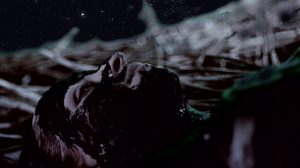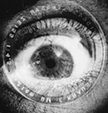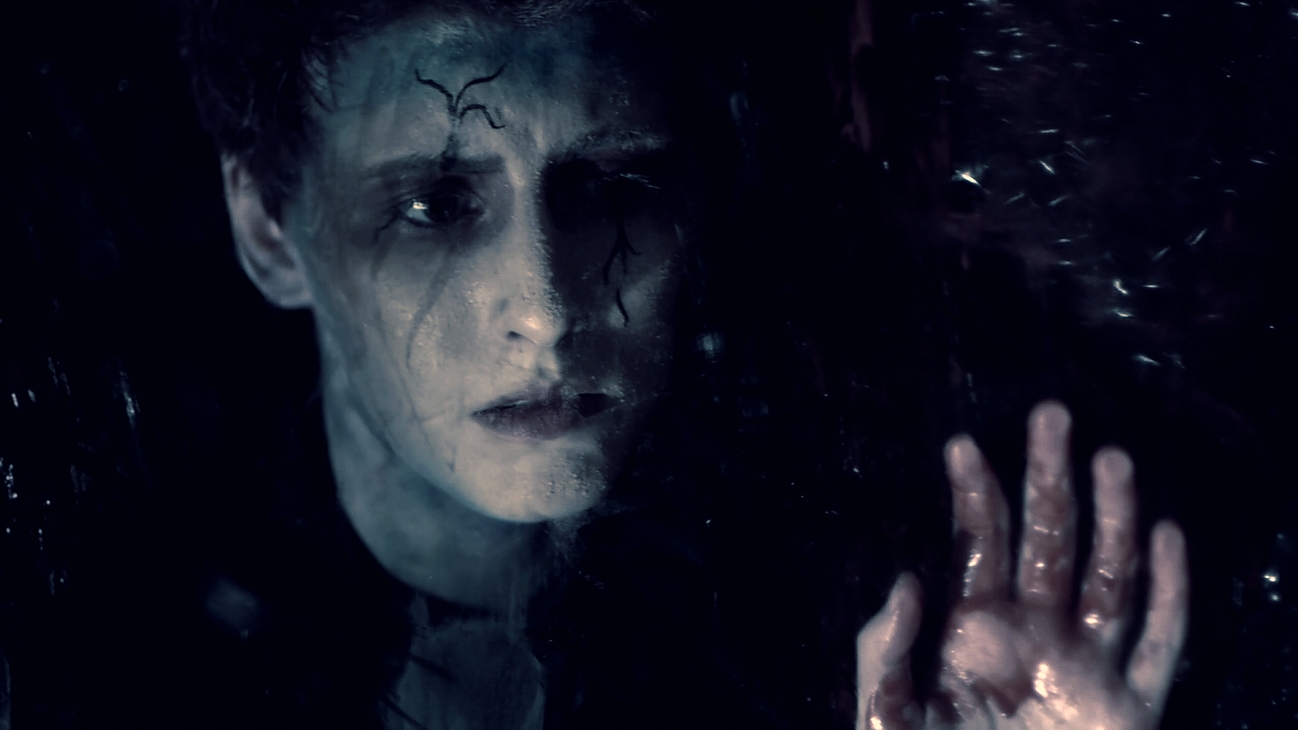
Here at the filmmaking fool, I love sharing my experiences diving into the filmmaking world. I thought it would also be great to share some other start-up stories of filmmakers, writers, cinematographers, festival programmers, actors, and anyone else involved in the film world with you all. I hope to include artists at all stages of their careers, from hobbyists to professionals, who can share their perspectives on taking the first steps toward making films.
I am excited to feature Farah Rose Smith today. Farah Rose Smith is a writer, filmmaker, and artist whose works often incorporate themes of alienation, decay, and the surreal. She is the Editor of Mantid Magazine and Creative Director of Grimoire Pictures. I found it to be a way to purge the dark and macabre elements of my life into a place where they could be transformative, rather than destructive.
What inspired you to start making films?
Books, stage plays, and films all served as sanctuaries in childhood. They still do! I was drawn to storytelling because it served as a way to make sense of a world I knew I didn’t fit into, and found myself hiding from in spades. I found film work to be more truthful than actual living, and a way to incorporate all the artful elements I was attracted to into one piece– primarily the writing and visual art aspects. That, and I found it to be a way to purge the dark and macabre elements of my life into a place where they could be transformative, rather than destructive.
When you decided to make your first film, how did you do it?
My first “official” film was The Atrocity Shoppe, a short experimental horror piece. I was enrolled in the Digital Video Production certificate program at the Rhode Island School of Design at the time, so I was able to tap into resources there that provided a platform for organizing and producing my first film. I had access to free equipment and an editing lab, which was enormously fortunate, or else I likely would not have been able to pursue the medium.
Having said that, I did everything myself, not hiring any crew, save for the composer. I had, and still have a very singular focus when it comes to making art, and try to keep production as nontraditional and experimental as possible. Filmmaking is more of an experience than a tradition to me. Or at least I try to make it that way!

Knowing what you know now, what would you have done differently at the start?
I would have embraced the “just do it” attitude and not let naysayers spout destructive nonsense. There is always a way to accomplish something.
One thing people love to say when they think your project is beyond you is, “oh, aren’t you ambitious?” The best response to something like that is, “you bet your ass!”
How do you get people to see your films?
I’ve been fortunate enough to have some dedicated friends and supporters in the local (New England) film community, and they have been much more active in getting my work seen and heard than I have been with it So I truly can’t take credit for any achievement or recognition alone. Art is rooted in community and forging kinship with other artists.
Networking with fellow filmmakers and submitting to festivals has been the best way to get people to see them, as well as putting clips up on Vimeo and YouTube.
I’m a believer in radical inclusion.
Whenever someone comes up to me and says that they liked something I made, I feel a small, though modest, confirmation that I’ve been “heard,” even if only as a whisper. Success doesn’t have a universal definition, so it’s hard for me to speak to it in a way that will make sense. For me, completion is the ultimate accomplishment. Getting work out there, wonderful or awful, poised for praise or punishment, whatever!
The point is to make art and say something. Not explain it, not use it as a step ladder. I think I’m lucky in that I don’t hinge self-worth on the success or failure of whatever it is that I’m creating, because for me, the art is the process and the result is an artifact of that process. And ultimately, I believe there is room for all of us to make an impression on the world with art. I’m a believer in radical inclusion.
What is your favorite film that you’ve made?
I’m a slow-poke when it comes to my film work, burying my head in writing more so than production, so I’ve only made two films so far. The Atrocity Shoppe and Rapture. Rapture takes the cake! It really does, because it required so much more energy, focus, and collaboration than I’d ever embarked on for any kind of art project. Well, save for Mantid Magazine. But that’s an entirely different medium and realm of coordination and creation, so I see it as incomparable.
Any tips for someone new?
Just do it. Just do it. Just do it. There will never be enough people, you will never have the “best” equipment, something will go wrong at every corner. People will promise you funding and disappear, people who work for you will flake. That’s life. Life is for living and figuring out the “hows,” not bowing to the “what ifs.” Don’t let the noise interfere with your vision and progression.
We all have to get our hands dirty, with or without permission.
What are you working on now?
Rapture is in the final stages of post-production. I’m making some final tweaks to the sound design and hope to begin sending out for festival consideration in the coming months. It’s been a long haul, but it ended up being so far from the original script that it required a great deal of thinking to find a way to deliver the same overall themes with strength and as much clarity as can be in an experimental piece.
I recently collaborated with some fellow horror film fans to begin the New England Classic Horror Film Society, which will be putting on monthly screenings of classic horror films. Our next block will take place in December, and I would encourage people to check us out on Facebook and Twitter for event updates.
Other than that, I continue to write short fiction, keeping a sharp eye on what I can adapt into potential film pieces. I’ve had a feature script floating in the aether for some time, and that is a dream project! But it will take a number of years to pull together properly. Thankfully, I have patience. That’s one thing all of us need a little more of in the production world. I will be churning out issues of Mantid Magazine sporadically for the foreseeable future, hoping to provide opportunities for women and diverse voices to be heard. A full plate that I’m very thankful for.
Keep up with Farah Rose Smith:
Artist Website
http://farahrose92.wixsite.com/grimoirepictures
https://www.facebook.com/farahrosesmith
Grimoire Pictures
https://www.youtube.com/channel/UCJTvCvDBqgIFQ8icpKQH1UQ
https://www.facebook.com/grimoirepicturesprovidence
Mantid Magazine
http://www.mantidmagazine.com/
https://www.facebook.com/mantidmagazine
New England Classic Horror Film Society:
https://www.facebook.com/nechfs
https://twitter.com/NEClassicHorror


